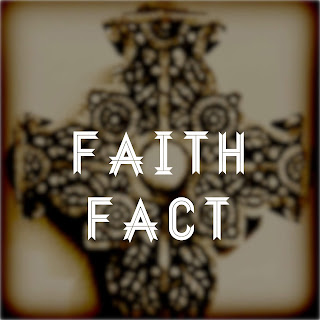During Year C of the Lectionary under Proper 22 (the Sunday closest to October 5) in first track of readings, we have the option to read/sing Psalm 137. Psalm 137 ends with the statement, "Happy shall he be who takes your little ones, and dashes them against the rocks!"
These are difficult words to hear in church, so difficult, in fact, that I have heard people gasp on hearing them in church. To overcome our shock and understand why these words are contained in our Scripture, it is important to know what the Psalter is really about.
The Psalter is a collection of sacred poetry which would have been put to song. We can think of the Psalter as an ancient hymnal, which is why many encourage singing the psalms as part of the church service. Many of the Psalms were written by King David while others were written by other anonymous people.
What makes the Psalter sacred isn't so much what it says but that all its poetry was directed towards God. The psalms express the various emotions the poets were feeling when they were writing. As a result, the Psalter provides us a tool to connect with various emotions while we pray. The Psalter also reminds us of the communion of saints around us and how each of us has different feelings we wish to hold up to God at any given moment.
This doesn't mean we condone the action of dashing the heads of little ones against rocks, as in Psalm 137. It means we recognize the feelings being expressed here. Psalm 137 was written after the exile of the Southern Kingdom of Israel, Judah, to Babylon. As Psalm 137 tells us, Judah was a captive to the oppressors of Babylon.
The emotion witnessed here is righteous anger at an injustice experienced by the people of Judah. When we realize the context Psalm 137 was written in, the raw emotion becomes a little more understandable, even if we don't like the final statement it presents.
In The Episcopal Church, we use two lectionaries: the Revised Common Lectionary we use on Sundays and the Daily Office Lectionary. In the Daily Office, every time Psalm 137 comes up, it is always paired with Psalm 144 (which you can read here). Psalm 144 is a psalm attributed to David and has a much different range of feeling. It begins saying, "Blessed be the Lord my rock!" and ends with a passage beginning with "May our sons be like plants well nurtured from their youth, and our daughters like sculptured corners of a palace."
Pairing these two psalms that juxtapose each other shows the full range of the psalms. In our own lives, we may at times feel joy and at other times experience righteous anger.
While we should always be careful to follow God's will in all our actions, it is also okay for us to hold up our emotions and feelings to God. Doing so shows that we are in a close and deep relationship with our Lord. Even if you are unsure about whether or not you should be feeling one way or another, hold that emotion up to God, and let God help you with and through that emotion, whatever it may be.
Most of all, remember that whatever you are feeling, others have felt it before. The Psalter is proof of that fact.
